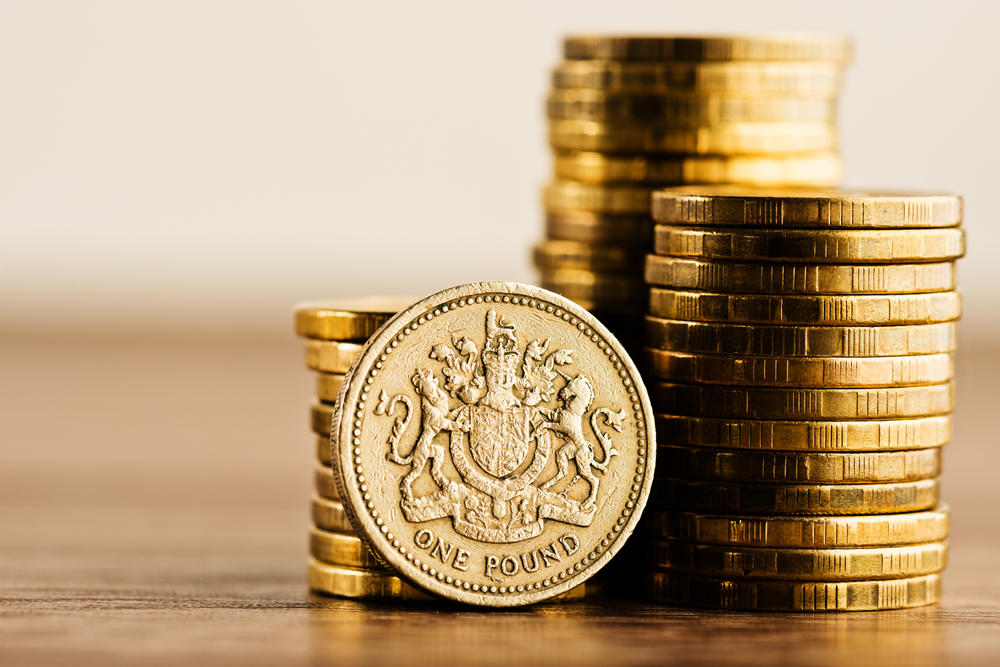How to
Inflation is the silent enemy of savers: here’s a plan to beat it

Guest Author:
Tim BennettCash savings are being eroded by rising inflation but they still have a place in this plan for savers.
UK cash savers might be wondering why they bother.
The latest rate of CPI inflation came in at 2.7%, which is higher than the interest rate offered on all but a tiny fraction of the available savings accounts out there and, in quite a few cases, a lot higher. This means that anyone who has cash sitting in almost any of them is losing money in “real” (post inflation) terms.
The handy “rule of 72” tells us that at an inflation rate of 3%, the spending power of our money will halve in around 24 years (72/3). For long-term savers, this is a disaster as it implies that one pound will eventually only buy around 50p worth of goods and services. So what to do? The answer is to plan so that we allocate our money as effectively as possible over the long-term.
Have an emergency fund
For starters, we do all need some cash as an emergency fund to pay for that leaky roof, or a short period out of work. This also stops us from dipping into our longer-term funds (see below), which are not there to be used as a piggy-bank. The amount will vary – as a pure guide, around three months’ salary, or six months of expenditure is usually about right.
Plan for big life events
We then need to identify, and position ourselves for, any large items of expenditure that we know we will have to meet within the next seven or eight years, whether a property deposit, school fees or a child’s wedding. Why seven or eight years? Whilst the past is never a guarantee of the future, a glance back at the US and UK stock markets reveals that the longest big dips historically have been around that length, so that seems a reasonable “best guess” guide to the maximum length of time that an equity investor is likely to be under water in the event of a market downturn.

Wellness and wellbeing holidays: Travel insurance is essential for your peace of mind
Out of the pandemic lockdowns, there’s a greater emphasis on wellbeing and wellness, with
Sponsored by Post Office
The amounts needed to meet these “foreseeable calls on capital” (as Paul Killik, our senior partner, calls them) should be held predominantly in cash or bonds, rather than shares, with the exact blend determined by a judgement about where we are in the current cycle.
Invest whatever’s left over
Beyond that, however, our remaining money (what Paul calls “lifetime savings”) needs to be invested with a decent chance of earning above-inflation returns, or we will end up poorer every year. Shares have demonstrated their ability to do this over long periods, particularly when money is invested tax-efficiently.
The Barclays Equity Gilts Study, for example, suggests that equities have managed to return around 5% over the long-term on a real (inflation-adjusted), total return (income and capital) basis. Cash comes nowhere close. Admittedly, shares can suffer short-term periods of high volatility and all investors should be aware of this. However, with the right approach, which seeks to eliminate the emotional biases (such as the desire to panic-sell at the wrong time), that can cost investors so dearly, these unsettling periods can be managed, rather than feared.
The conclusion? Cash is still king, as the saying goes, but only over short time horizons. For the longer-term, savers need to look elsewhere.
Tim Bennett is a partner at wealth management firm Killik & Co